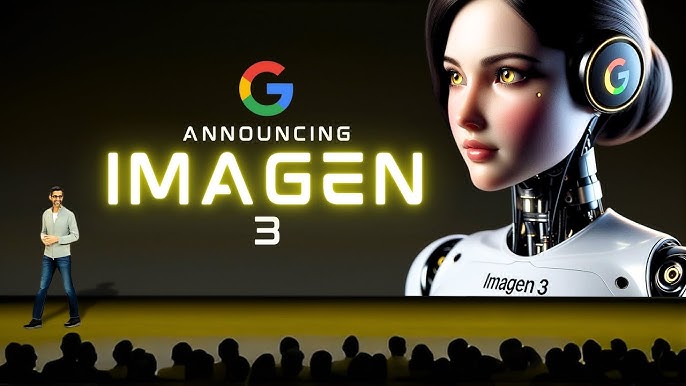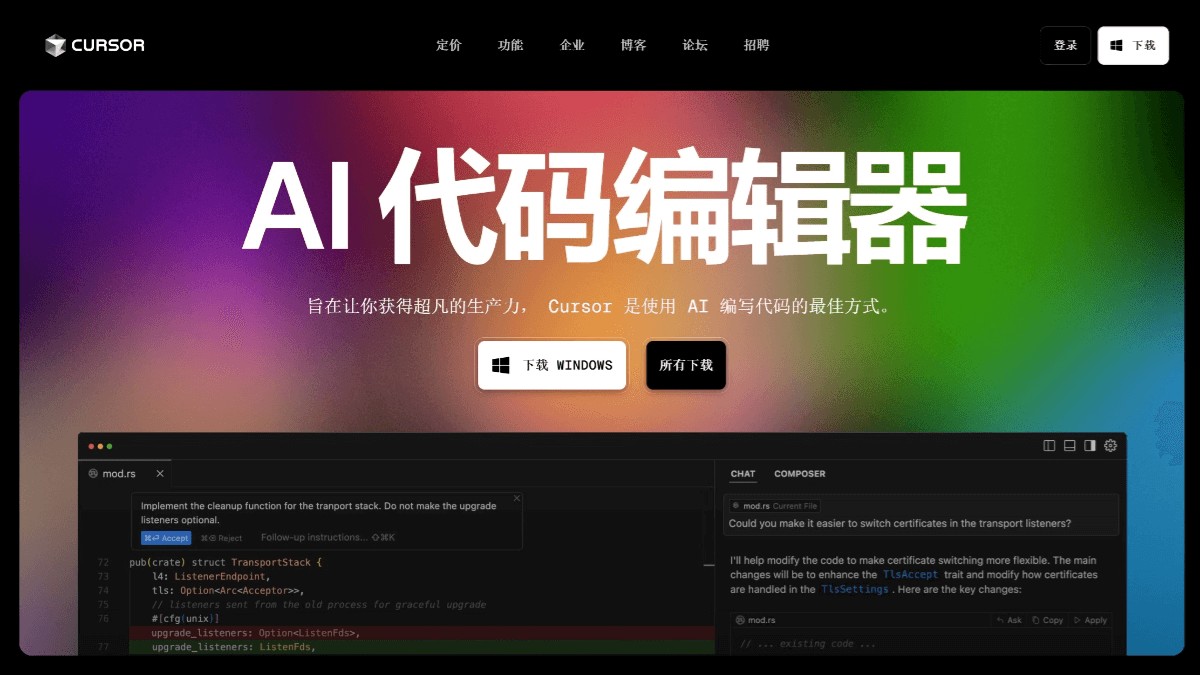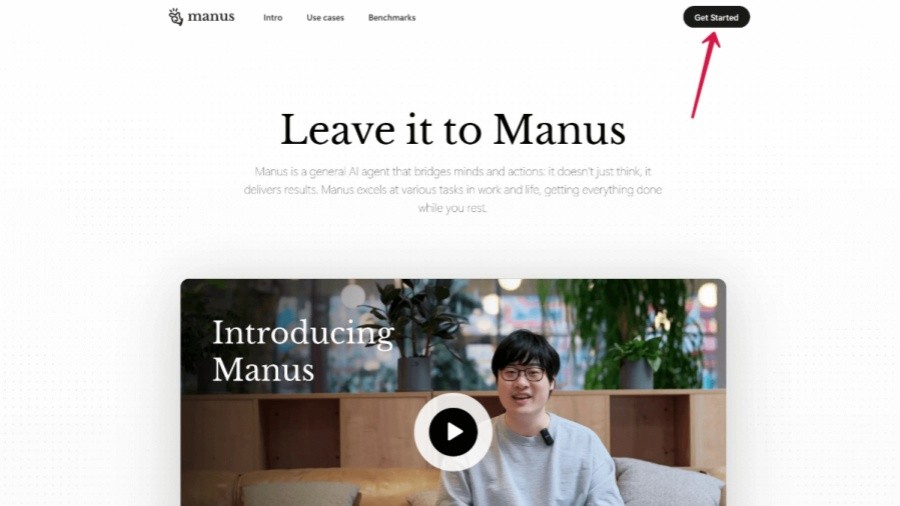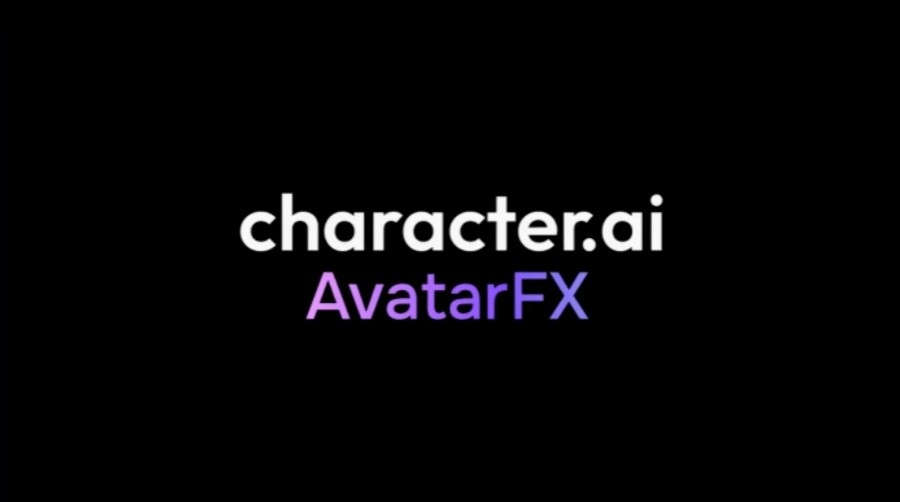
Imagen 3 is Google’s latest advancement in its AI image generation technology, further pushing the boundaries of deep learning and text-to-image generation (Text-to-Image). As the successor to Imagen and Imagen 2 , Imagen 3 makes significant improvements in image quality, generation efficiency, and understanding complex text descriptions.
Imagen 3 is based on an enhanced version of the Diffusion Model , which is currently one of the best technologies for generating image quality. Unlike GANs (Generative Adversarial Networks) , diffusion models gradually denoise when generating images, thereby retaining finer details and generating high-quality, more realistic images.
Evolution of the diffusion model : Compared with Imagen 2 , Imagen 3 has made optimizations in the architecture and training process of the diffusion model, improving the accuracy and details of the generated images.
Enhanced text understanding : Imagen 3 is more accurate in understanding complex text descriptions and subtle semantic differences. It can better capture multi-level contextual information and ensure that the generated images are highly consistent with the user's text description.
Extremely high image quality : Imagen 3 produces more detailed, high-resolution images. Compared with previous generation products, the light, shadow, texture, and details in the image are more natural and closer to the creative style of human artists.
Accuracy of text description generation : A new generation of text-to-image technology has greatly improved the ability to understand complex and ambiguous descriptions, and can handle more complex input text, such as content that contains metaphors, emotional overtones, or specific cultural backgrounds.
Diversity of creative styles : In addition to realism style, Imagen 3 can generate images in a variety of creative styles, from abstract art to cartoon style, as well as various mixed-style visual effects.
Digital art creation :
Artists can use Imagen 3 to generate visual art, illustrations, posters, cover designs and other works. Through accurate text description, AI can help creators explore different creative directions.
Advertising and Marketing :
Enterprises and brands can use Imagen 3 to generate customized advertising images, social media content, and even product display images to improve marketing efficiency and visual effects.
Film and game development :
Filmmakers and game developers can use Imagen 3 to design scenes, characters, and special effects. AI can generate creative and detailed visual materials based on text descriptions, greatly improving the creation speed.
Education and training :
In the field of education, Imagen 3 can be used to generate teaching materials, scientific illustrations, historical scenes, etc. to help students better understand complex concepts.
Virtual and Augmented Reality :
In the fields of virtual reality (VR) and augmented reality (AR), Imagen 3 can generate highly immersive 3D scenes or virtual objects to provide users with a more realistic experience.
Imagen 3, as Google's latest AI image generation technology, demonstrates stronger image generation capabilities, especially in detail processing, text understanding and creative style. Its high-quality image generation and diverse application scenarios make it an important tool in many fields such as art creation, advertising design, and film production. Despite some technical and ethical challenges, Imagen 3 opens up new possibilities for creativity and automation while pushing AI image generation technology forward.



